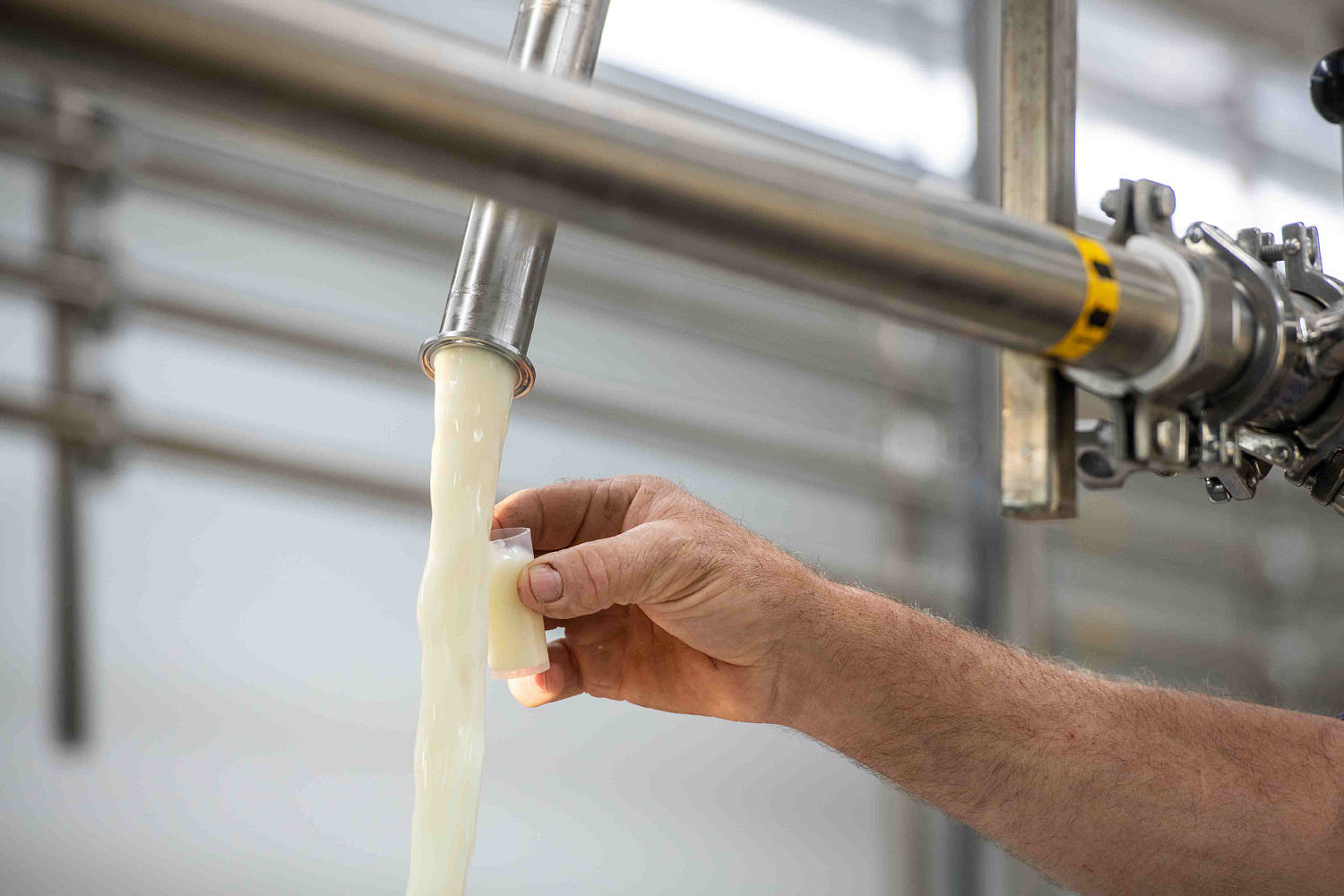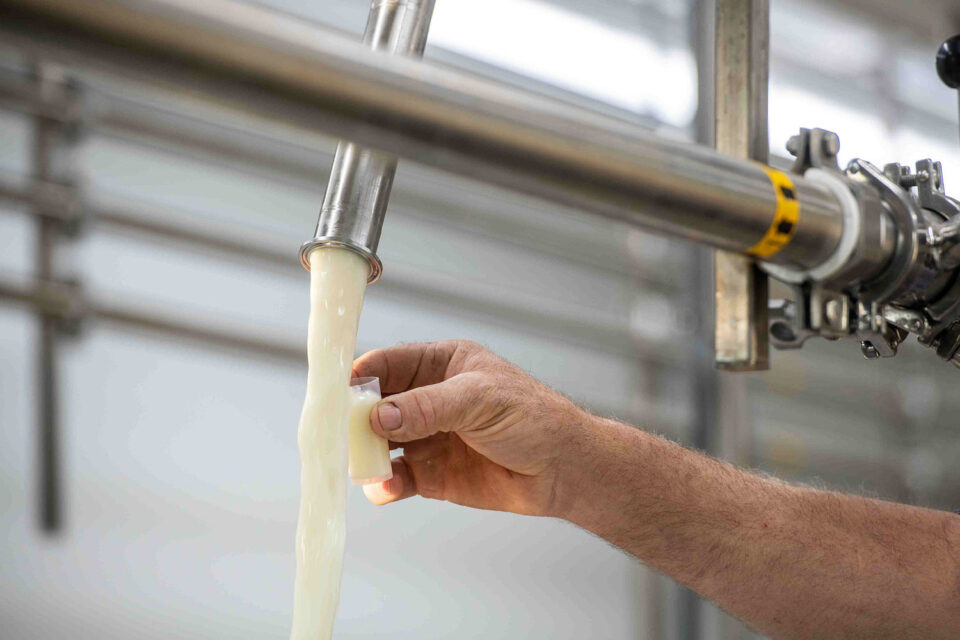
Florida officials are warning the public about the risks of consuming raw milk after over 20 people have gotten sick.
Thus far, there have been 21 cases of Campylobacter and Shiga toxin-producing E. coli infections linked to raw milk from the same farm, the Florida Department of Health said Monday. Of those, six have been in children under the age of 10.
There have been seven reported hospitalizations and at least two cases reported severe complications, health officials said. The infections occurred in north and central Florida.
“Sanitation practices in this farm are of particular concern due to the number of cases,” the department said, without naming the farm in question. “Floridians are encouraged to use this information to make informed decisions about their health and sources of raw milk should they choose to consume it.”
Raw milk is milk that has not been pasteurized — meaning it hasn’t gone through a heat-treating process that destroys bacteria.
Drinking raw milk or its products can expose people to germs, including Campylobacter, Escherichia coli (E. coli), Listeria, Salmonella, and other types of bacteria, according to the Centers for Disease Control and Prevention.
Campylobacter can make people ill with diarrhea, and Shiga toxin-producing E. coli (STEC) is one type of E.coli, which can cause bloody diarrhea, severe stomach cramps, and abdominal vomiting, according to the CDC.
STEC bacteria in the most severe form and can also result in hemolytic uremic syndrome, which can lead to kidney failure and is particularly concerning for children and groups with weaker immune systems, the Florida Department of Health said.
In Florida, raw milk can only be sold for non-human consumption, such as pet food, and containers of raw milk sold in the Sunshine State must be clearly labeled that the raw milk is for animal consumption only.
The news release noted that many people do consume raw milk safely, but “the producer’s handling of raw milk and milking procedures are vital in the prevention of contamination.”
Raw milk has grown in popularity in recent years, including by Robert F. Kennedy Jr, who heads the Department of Health and Human Services. Last year on X, Kennedy criticized the Food and Drug Administration’s “aggressive suppression” of raw milk. However, since Kennedy took over HHS, there haven’t been meaningful changes to federal policy regarding raw milk.
The U.S. Food & Drug Administration strongly supports milk pasteurization and notes that since 1987, there have been at least 143 reported outbreaks of illness associated with the consumption of raw milk and raw milk products contaminated with bacteria. Today, 20 states prohibit intrastate raw milk sales.
